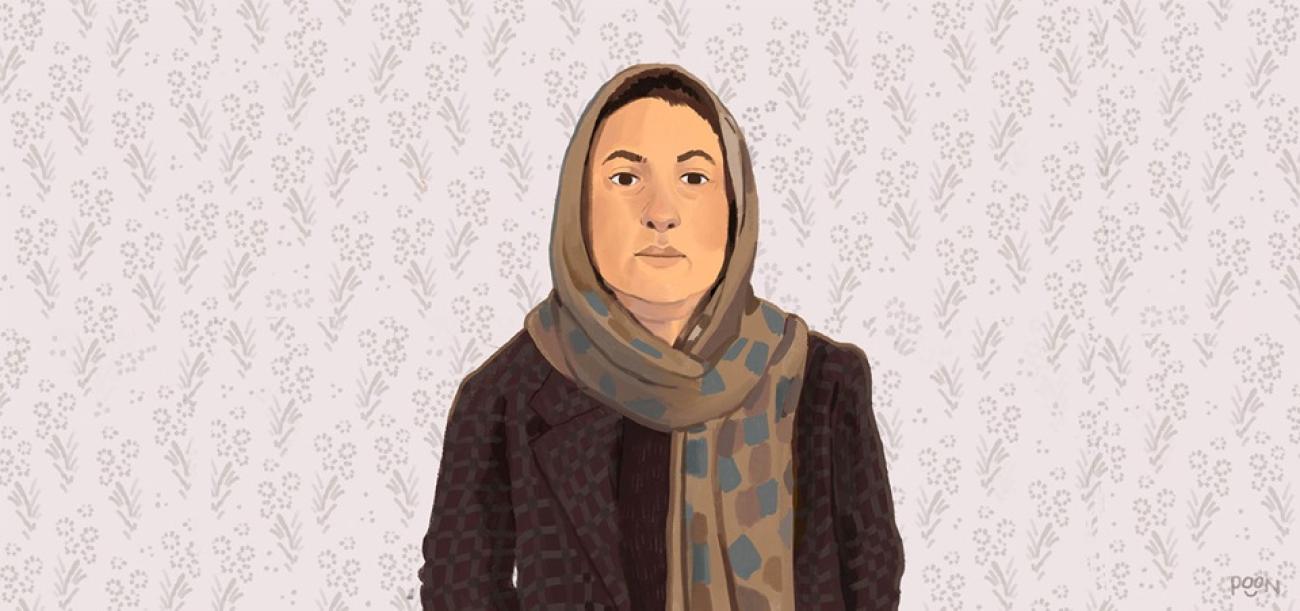Mursal Samadi* had worked as a prosecutor, independent investigator, and a civil society leader for more than 16 years in Afghanistan when the Taliban took over Kabul on 15 August. She remains in Afghanistan, advocating for the rights of Afghan women and girls.
"I used to meet with the Minister of Women’s Affairs who brought together women civil society leaders to discuss about how we can work together to serve all Afghan women and girls. The governor of the province awarded me and my organization for the excellent services we were delivering to women and girls facing violence at home. Women coming together, working together, kept me going.
Now, we live in a different reality. The days are slow… I do not remember the last time that I was busy. I go to work only twice a week, and only until midday. When I do, my nephew carries my laptop for me. I do not want people to know that I am going to work. Before, I used to be able to drive to the provinces (to help women). Now when I receive calls from my clients, there is nothing I can do.
There has always been the need to support women and girls, ensure access to life-saving services when they escape violence at home. As a defence lawyer, I came across cases where social norms were [regarded] above the law, where adultery was always a woman’s fault, where men were rarely found guilty of anything. The ending violence against women law we had was not perfect, but it guaranteed to protect the rights of women and girls and allowed us, the members of the judicial system, to show perpetrators they can be punished for their acts. We don’t have this law anymore. The vacuum left by the absence of a legislative framework will be filled with executions without due process, women judges will be replaced by men, who will keep reinforcing the social norms that blamed women.
Men used to refrain from violence as the media would report them, the judiciary system would punish them, the Ministry of Women’s Affairs would take active steps to prevent violence from happening. We have none of this anymore and I believe domestic violence has doubled. Women cannot trust anyone anymore.
When I think about the future of my country, I have mixed feelings. We still see women being denied their right to work, peaceful protests led by women are met with force. What my country needs is an inclusive government.
As an Afghan woman, I encourage the international community to continue upholding, defending, and protecting the rights of Afghan women and girls. We used to be able to able to speak publicly about our challenges, we used to be able come together and find solutions to our challenges. Now, we live in fear and cannot help one another like we used to.”
* Names, locations, and course of events have been changed in this article to ensure the safety of the Afghan woman human rights defender featured.
Interviewed by Nangyalai Tanai, and Olguta Anghel










